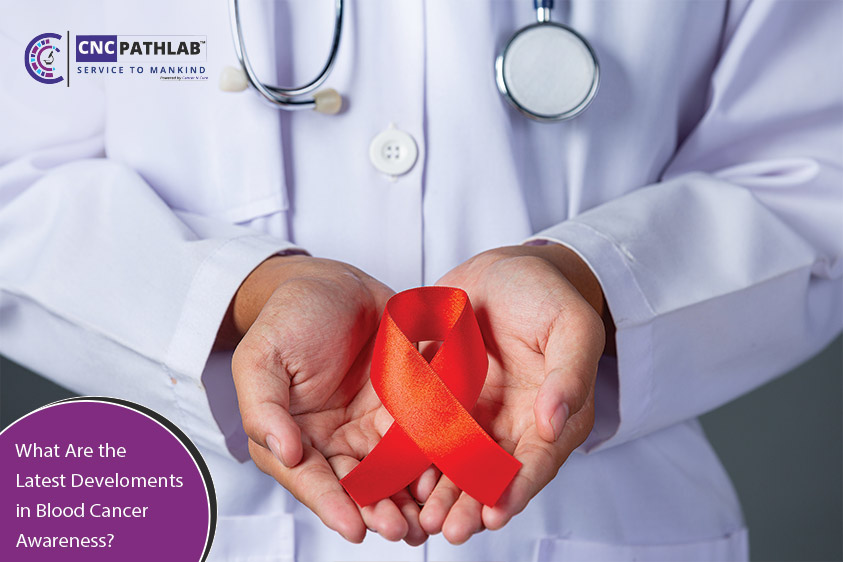What Is Albumin Globulin Ratio Test?
What is albumin globulin ratio test?
A total protein and albumin/globulin (A/G) ratio test measures the total amount of protein in your blood. There are two major types of protein in the blood:
- Albumin, which helps keep blood from leaking out of blood vessels. It also helps to translocate hormones, medicines, vitamins, and other important substances throughout the body. Albumin is made in the liver.
- Globulins, which help fight infection and move nutrients throughout the body. Some globulins are made by the liver. Other types of proteins are made by the immune system.
The test also compares the amount of albumin in your blood to the amount of globulin. The comparison is called the Albumin/Globulin (A/G) Ratio Test.
If your total protein levels or A/G ratio results aren't normal, it might be an indication of a significant ill health.
What is it used for?
A total protein and A/G ratio test is often included as part of a comprehensive metabolic panel, a test that measures proteins and other substances in the blood. It may also be used to help diagnose kidney disease, liver disease, or nutritional problems
Why do I need a total protein and A/G ratio test?
You may get this test as part of a comprehensive metabolic panel, which is often included in a routine checkup. You may also need this test if you have symptoms that indicate abnormal protein levels. These include:
- Swelling in the feet, ankles, legs, and/or abdomen, which is caused by extra fluid in your tissues
- Fatigue
- Unexplained weight loss
- Loss of appetite
- Nausea and vomiting
- Jaundice (yellowing of the skin or eyes). This is a common symptom of liver disease.
- Blood in the urine, a common symptom of kidney disease
What do the results mean?
Your results will show whether you have normal, low, or high total protein levels. They will also show if you have a normal, low, or high albumin to globulin (A/G) ratio.
If your total protein levels were low, it may mean you have one of the following conditions:
- Liver disease
- Kidney disease
- Malnutrition, a condition in which your body does not get enough nutrients which are essential and needed for good health
- A malabsorption syndrome, a type of disorder in which your small intestine can't absorb enough nutrients from food. Malabsorption syndromes include celiac disease and Crohn's disease.
If your total protein levels were high, it may mean you have one of the following conditions:
- An infection such as HIV or viral hepatitis
- Multiple myeloma, a type of blood cancer
If your A/G ratio was low, it may be caused by:
- An autoimmune disease, such as lupus
- Liver disease, including cirrhosis
- Kidney disease
If your A/G ratio was high, it may be caused by:
- Certain types of genetic disorders
- Leukemia

.jpg)


.jpg)
